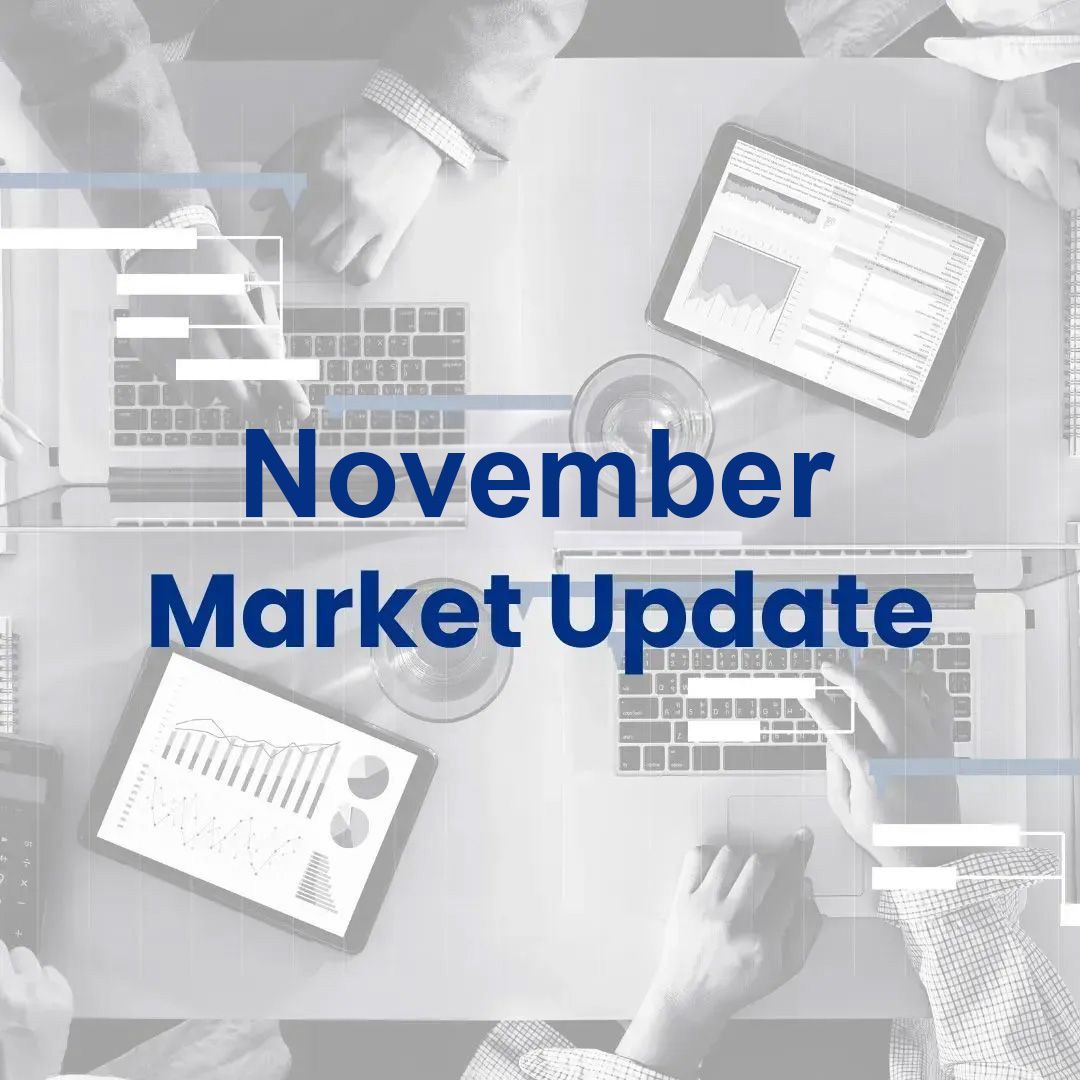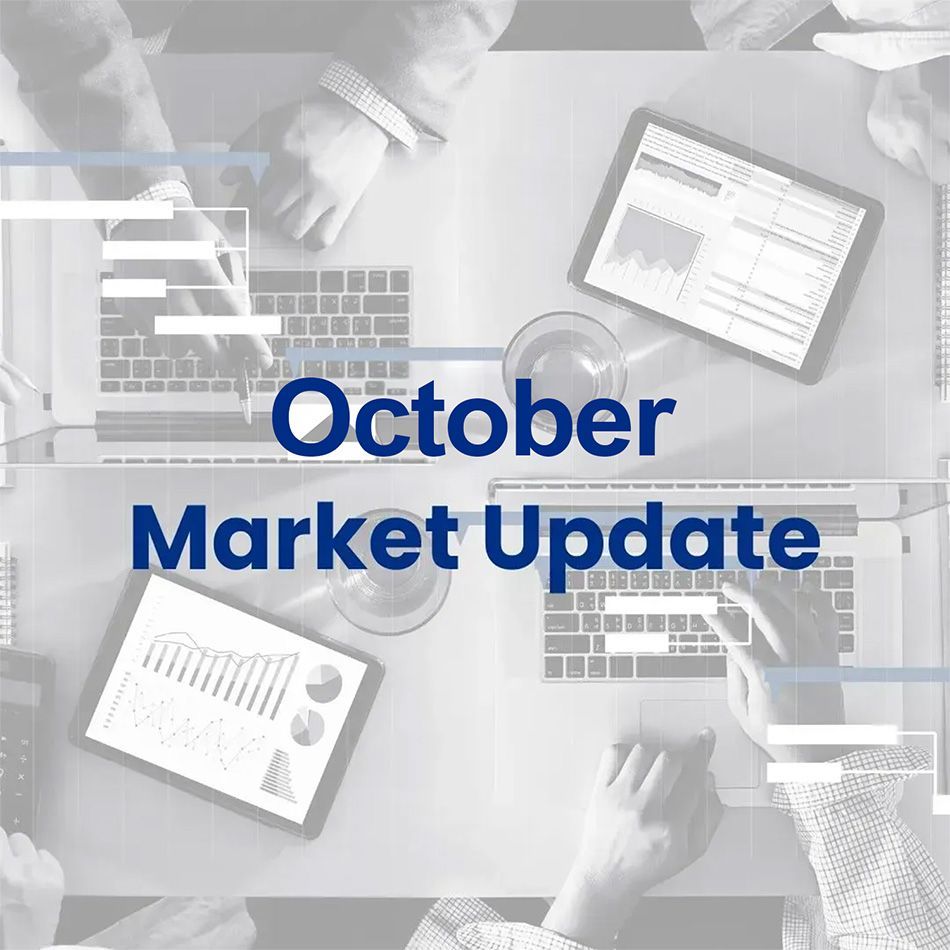7 Simple Steps to Organize Your Financial Life
This easy-to-use checklist can help you take charge of your money
THE FIRST STEP TOWARD ACHIEVING BETTER FINANCIAL HEALTH IS GETTING YOUR FINANCES IN ORDER. BY DOING SO, YOU CAN AVOID MISSED PAYMENTS AND UNNECESSARY FEES, START TACKLING DEBT AND EMBRACE FINANCIAL OPPORTUNITIES TO PURSUE YOUR SAVINGS GOALS. ORGANIZING YOUR FINANCIAL LIFE DOESN’T HAVE TO BE DIFFICULT. THIS EASY-TO-USE CHECKLIST CAN HELP YOU GET STARTED.
Once your finances are organized, you’ll be able to spend less time on money management tasks and more time enjoying your financial well-being.
Now that you know what steps to take, it’s time to take action. Use this simple checklist to start organizing your financial life today. Need help?
Give us a call.
✅ TRACK YOUR SPENDING
Tracking your daily spending is a great way to determine where your money is going. Take a few minutes each day to enter your daily expenses in a pocket notebook, spreadsheet or app on your smartphone.
✅ CALCULATE YOUR CASH FLOW
Cash flow is simply “money in” (income) and ”money out” (expenses). Subtract your expenses from your income. The result is your monthly cash flow.
✅ CREATE A BUDGET
Sticking to a budget can help you keep your spending in check and manage your money in a way that aligns with your goals and priorities.
✅ AUTOMATE SAVINGS AND BILL PAYMENTS
Pay yourself first by setting up an automatic savings program. If your employer offers a 401(k) plan, this is an easy way to save for retirement by allowing you to contribute automatically to a 401(k) account. To better handle bill payments, automate them by using your banks’ online bill pay or money transfer options.
✅ SET UP A FILING SYSTEM
An effective filing system will help keep your financial records organized. Where possible, “go paperless” so you receive and store documents electronically. Set up a file system for any paper bills or statements you receive in the mail and spend a few minutes organizing them each month.
✅ UPDATE DOCUMENTS PERIODICALLY
Check your financial documents annually to make sure that all of your personal information, including emergency contacts and beneficiaries, is accurate and up to date.
✅ SET FINANCIAL GOALS
Set specific, measurable financial goals, whether it’s paying off debt, saving a specific amount each month for retirement or reaching an important financial milestone.
This material was created for educational and informational purposes only and is not intended as ERISA, tax, legal, or investment advice. If you are seeking investment advice specific to your needs, such advice services must be obtained on your own separate from this educational material. ©401(k) Marketing, LLC. All rights reserved. Proprietary and confidential. Do not copy or distribute outside original intent.










